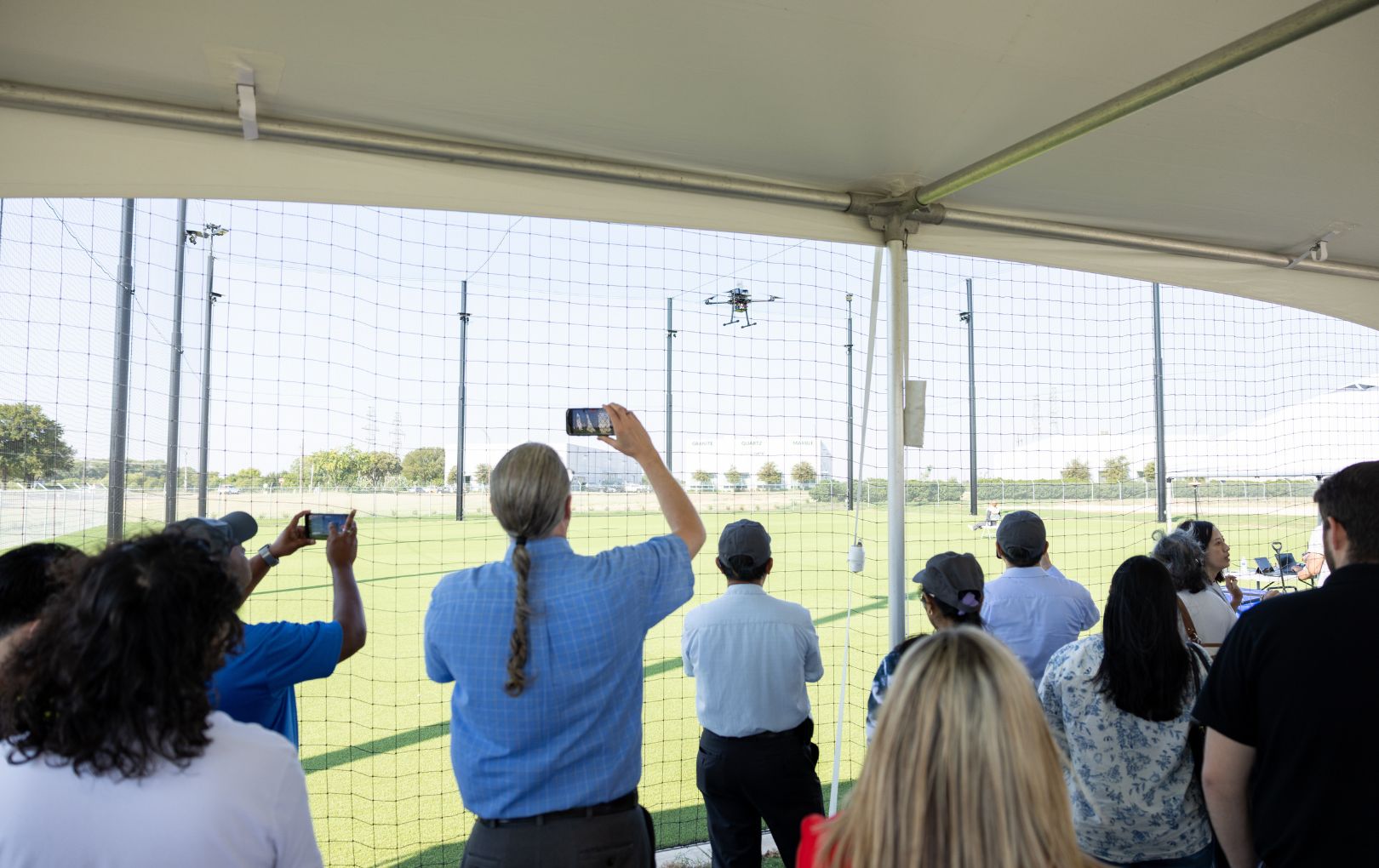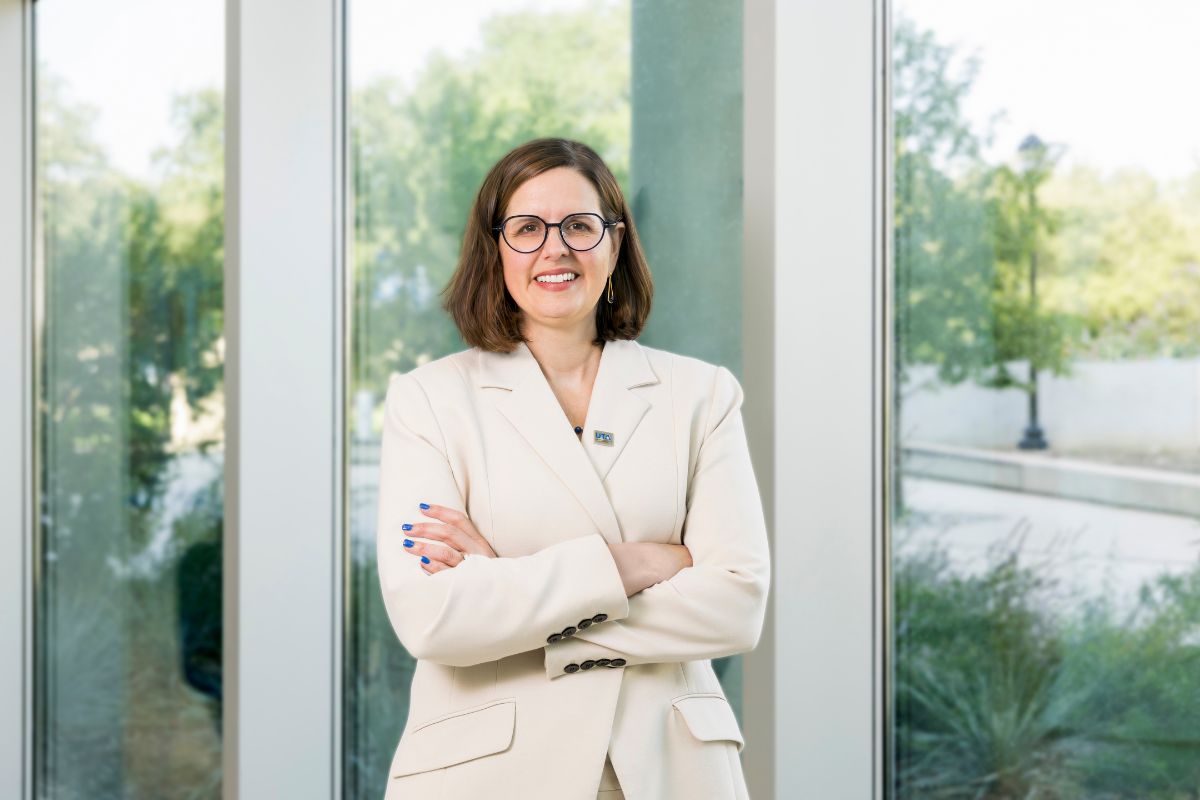
By Jennifer Cowley, president of The University of Texas at Arlington, for Fort Worth Inc..
Fort Worth is growing fast. But to truly thrive, the city needs more than new rooftops and a rising population — it needs to be a place where ideas take root and innovation leads the way. Research and development is the quiet infrastructure of a strong economy. It attracts high-paying jobs, keeps talent local and solves civic challenges — whether that's safer bridges, smarter health care or stronger defense systems. Cities that treat research as central, not optional, are the ones that set the pace for the future.
We already see what this can look like in Fort Worth. Tucked into the Riverbend Business Park, the UTA Research Institute (UTARI) has partnered with industry and agencies for decades to move ideas into the real world. Its engineers helped TxDOT write the guide for using drones in infrastructure inspections, allowing dangerous or hard-to-reach sites to be examined without putting people at risk or shutting down roads. Working with a small business, UTARI also developed image-processing software that supports real-time inspection of road surface integrity, now being commercialized for both defense and commercial applications.

UTARI's impact goes beyond transportation. Working with a small business, researchers created a composites design tool now used by NASA and aerospace companies to advance lightweight materials for spacecraft and space habitats. They also developed a prototype CT scanner capable of examining large structures, like helicopter blades, at a resolution higher than any other system, offering new precision for aerospace and defense industries. In the health care space, UTARI's ReHeal glove for wound healing of the hand recently completed early-stage clinical trials, with FDA review underway — a step toward bringing new rehabilitation options into clinics.
UTARI's new Maverick Autonomous Vehicle Research Center, which opened Tuesday, pushes our research impact further. Inside a massive netted dome, engineers can safely test drones in controlled but challenging conditions — developing navigation systems, obstacle avoidance and communications tools that must hold up in the real world. That research lays the groundwork for drones that one day could support disaster response, deliver emergency supplies or help first responders assess damage after a storm. Building on Fort Worth's recent designation as the Aviation and Defense Capital of Texas by Gov. Greg Abbott, MAVRC is linking Fort Worth's aviation legacy with the innovations that will define its future.
Research and development is central to Fort Worth's future, and institutions like UTA are connecting discoveries with the people and industries that can put them to work. That's what UTARI's partnerships do: link research to impact. A utility company inspecting lines faster, a defense contractor designing stronger materials, a health care provider offering new rehabilitation tools—these are examples of how research strengthens the economy and improves daily life for North Texans.
That environment also attracts leaders. On Oct. 1, Dr. Richard Voyles will step in as UTARI's new director, bringing experience that ranges from developing disaster-response robots to shaping national technology policy at the White House and the National Science Foundation. His decision to lead here underscores the point: When a city invests in research, it draws innovators of national caliber.
And that's the opportunity before Fort Worth: to measure its success in the discoveries made here and the opportunities they create for generations to come. That future doesn't happen by accident—it takes deliberate investment. At UTA, we are expanding facilities, recruiting top faculty and building partnerships that connect discovery to industry. The work happening at UTARI adds to a growing research capacity that positions Fort Worth not just to keep pace, but to lead.
Dr. Jennifer Cowley has served as president of The University of Texas at Arlington since 2022.






